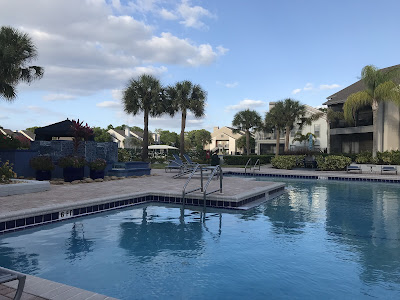The GPP Phase
GPP stands for General Physical Preparedness and is your ability to be prepared to do any sport on a given day. During this phase, I work on fixing imbalances throughout my body as well as attempt to recover any lost "basic" work capacity. This year, the GPP phase comprised of ice skating, some hiking and calisthenics at home.

Not I.
I ice skated about 5 times in February. I timed 3 of those ice skating sessions to be first dates as well :) I hiked 20 miles of trails in the Smokies during the last weekend of February. The calisthenics involved a lot of unilateral work--for example, lunges and single-leg squats. I hit the gym only once during the entire month. This phase is also the time when I take the least amount of fish oil--no more than 2 grams a day. The GPP phase ended March 2.
The Strength Phase
I am currently in the strength phase. This year, during this phase, I will be concentrating on a high volume of training in as little time as possible (perhaps as less as 1/2 hour per training session). I will also up the fish oil intake to around 6 - 8 grams a day. I will be using the back squat quite a bit during this phase and it will lay the foundation for the sprinting in the next (that is, the BC) phase.

Not me either.
For the first 3 weeks, I plan on doing only one movement per session for upto 3 sessions a week. As an example,
Session 1: Back Squats (10 sets of 3 repetitions).
Session 2: Weighted Dips or Push Presses (10x3).
Session 3: Barbell Rows or Weighted Chins (10x3).
The strength phase will end in mid-April and will comprise of no other physical activities. I will also take the 4th week off from training. Then the last two weeks will comprise of a modified version of the above weight training approach albeit with an important role played by Romanian Deadlifts and some direct Ab work.
I will talk about my approach to the BC and hypertrophy phases later.




2 comments:
Does the back squat look like the picture you put up? If so, it could be putting an awful lot of stress on your knees. In the certification training classes I've taken, they've always recommended not sitting down into the squat any lower than your knees.
Sounds like a good program!
I guess unless I know who designed those certification training classes, I can't comment on it.
I learnt to squat by observing powerlifters, track & field athletes and weightlifters who always go deep. I mean there are a lot of those guys walking around in their 50s and 60s with healthy knees :)
Post a Comment